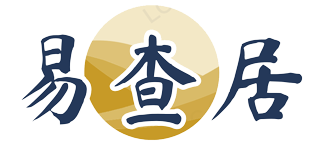'intron'不是一种语言,而是生物学领域中的专业术语,中文翻译为“内含子”,指基因中与编码蛋白质无关的片段。
常见翻译:内含子
用法:在基因组中,DNA序列被分为外显子和内含子两部分,外显子会被翻译成蛋白质,而内含子则不会。
以下是含有'intron'的9个例句:
1. The gene contains three introns and four exons. (这个基因包含三个内含子和四个外显子。)
2. The removal of the introns is necessary for the synthesis of a functional protein. (去除内含子对于合成功能性蛋白质是必需的。)
3. The splicing of introns and exons is a critical step in gene expression. (内含子和外显子的剪接是基因表达中的关键步骤。)
4. Alternative splicing can create different mRNA transcripts by including or excluding different introns. (可变剪接可以通过包含或排除不同的内含子来创建不同的mRNA转录本。)
5. The presence of introns in eukaryotic genes is one of the features that distinguish them from prokaryotic genes. (真核生物基因中的内含子是区别它们与原核生物基因之间的特征之一。)
6. Mutations in introns can affect gene expression by disrupting splicing or regulatory sequences. (内含子中的突变可以通过剪接或调节序列来影响基因表达。)
7. Some introns have been found to have important cellular functions, such as regulating gene expression or RNA editing. (一些内含子已被发现具有重要的细胞功能,如调节基因表达或RNA编辑。)
8. The length and sequence of introns can vary greatly between different genes and species. (内含子的长度和序列在不同基因和物种之间可以有很大的差异。)
9. Understanding the function and evolution of introns is an active area of research in molecular biology. (理解内含子的功能和进化是分子生物学中的一个活跃研究领域。)
标签:

评论列表 (0)